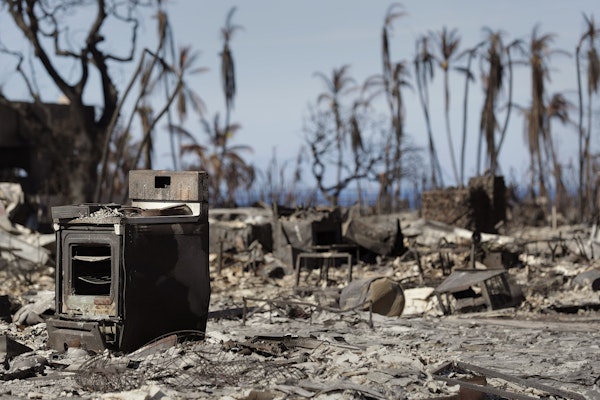
Hawaii’s High Court Weighs Insurance Dispute Over Maui Wildfire Settlement
Hawaii’s Supreme Court is considering a critical insurance dispute that could determine the fate of a $4 billion settlement for victims of the devastating 2023 Maui wildfire. The case hinges on whether insurers can independently sue the defendants to recover claims they’ve paid.
February 11
Catastrophe
Litigation
Property
Subrogation
Hawaii
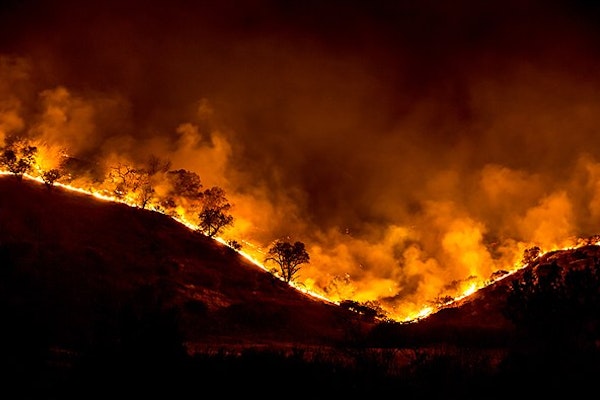
Rising Risks in Homeowners Insurance Demand Swift Action
The accelerating impacts of climate change, coupled with slow government response and human reluctance to prepare, are driving a homeowners insurance crisis in wildfire-prone states like California.
January 14
Catastrophe
Legislation & Regulation
Property
Risk Management
California
Colorado
Florida
Hawaii
Louisiana

Hawaii Faces Calls to End Illegal Fireworks After Deadly Explosions
Recent tragedies highlight the dangers of illegal fireworks in Hawaii, leading officials and residents to debate stronger enforcement measures and cultural traditions.
January 6
Catastrophe
Legislation & Regulation
Property
Risk Management
Arizona
Hawaii
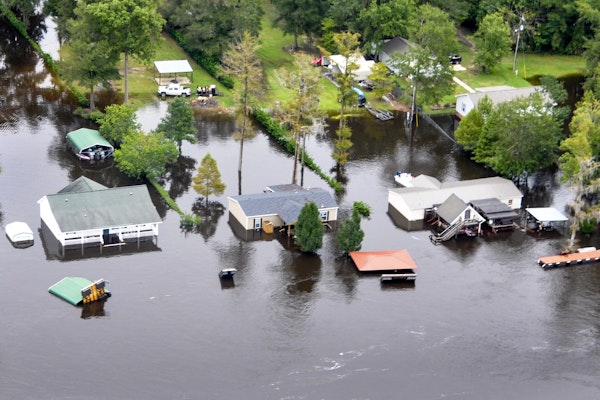
Rising Home Insurance Nonrenewals Reshape Housing Market Across the U.S.
As climate-driven disasters increase, nonrenewed home insurance policies are surging nationwide, impacting property values, mortgages, and economic stability in vulnerable communities.
December 30, 2024
Catastrophe
Legislation & Regulation
Property
Risk Management
Alabama
California
Colorado
Connecticut
Florida
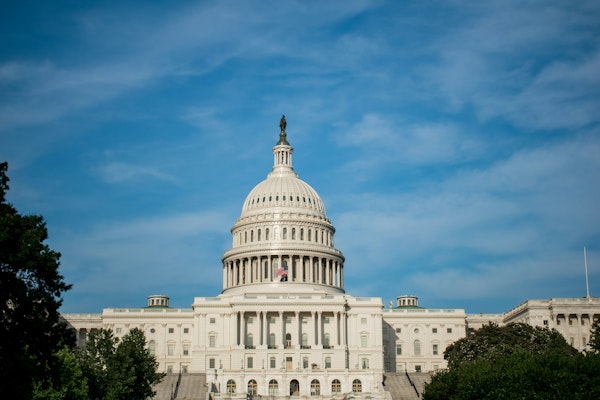
Senate Report Blames Climate Change for Insurance Challenges as Industry Pushes Back
The Senate Budget Committee attributes rising non-renewal rates to climate change, but insurance experts highlight other drivers like inflation, litigation, and overbuilding.
December 19, 2024
Catastrophe
Legislation & Regulation
Property
Risk Management
California
Florida
Hawaii
Louisiana
Massachusetts

Thanksgiving Travel Expected to Break Records, Says AAA
Thanksgiving travel this year is expected to surpass pre-pandemic levels, with nearly 80 million Americans traveling by car, air, and other modes, setting new records across the board.
November 22, 2024
Auto
Insurance Industry
Risk Management
California
Florida
Hawaii
New York
Washington

Strategies to Reduce the Impact of Wildfires: Lessons from the Lahaina Fire
Experts urge adopting fire-resistant building practices, fuel breaks, and structure spacing to minimize damage and loss in future wildfires, following the devastating Lahaina fire in Hawaii.
September 30, 2024
Catastrophe
Insurance Industry
Property
Risk Management
Hawaii
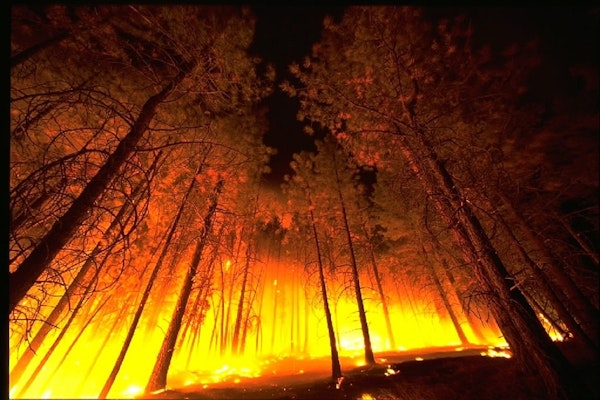
Wildfire Risk Intensifies in 2024: Over 2.6 Million Homes at High Risk in the Western U.S.
As of mid-2024, wildfires have ravaged millions of acres in the U.S., with over 2.6 million homes at moderate or greater risk, emphasizing the crucial role of insurance and risk management in protecting communities.
August 13, 2024
Catastrophe
Legislation & Regulation
Property
Risk Management
Arizona
California
Colorado
Hawaii
Idaho
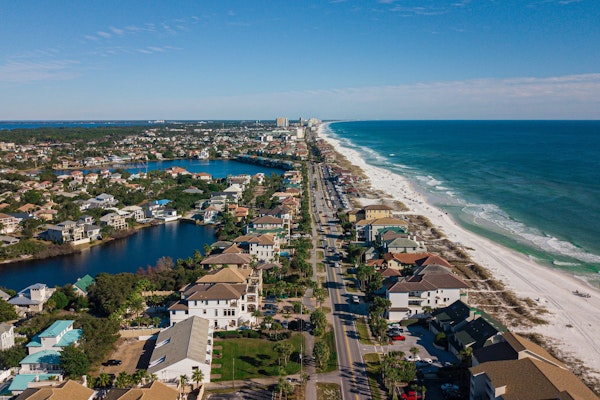
NOAA Proposes $575 Million for Coastal Climate Resilience
NOAA recommends $575 million in funding for 19 projects to enhance coastal climate resilience under the Investing in America agenda.
July 31, 2024
Catastrophe
Legislation & Regulation
Property
Risk Management
Alaska
California
Delaware
Hawaii
Louisiana

Rhode Island Domestic Workers Now Entitled to State Minimum Wage
Democratic Gov. Daniel McKee signed a bill ensuring Rhode Island domestic workers receive the state minimum wage. Previously excluded, these workers will now earn at least $14 per hour, with an increase to $15 on January 1st.
July 2, 2024
Legislation & Regulation
Life & Health
Workers' Compensation
Hawaii
Massachusetts
New York
Rhode Island

Building Resilience with Insurance
The Global Sustainability Insurance Summit in Los Angeles highlighted how insurance plays a pivotal role in enhancing resilience against natural catastrophes.
May 22, 2024
Catastrophe
Insurance Industry
Risk Management
Technology
California
Hawaii
New York
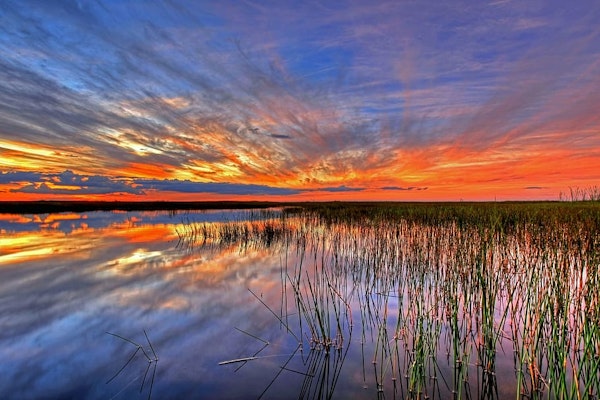
Florida’s Property Insurance Market Shows Signs of Stabilization in 2024
The Florida Office of Insurance Regulation reports a downward trend in property insurance rates for 2024, indicating market stabilization due to recent reforms.
May 21, 2024
Insurance Industry
Legislation & Regulation
Property
Risk Management
Florida
Georgia
Hawaii
Louisiana
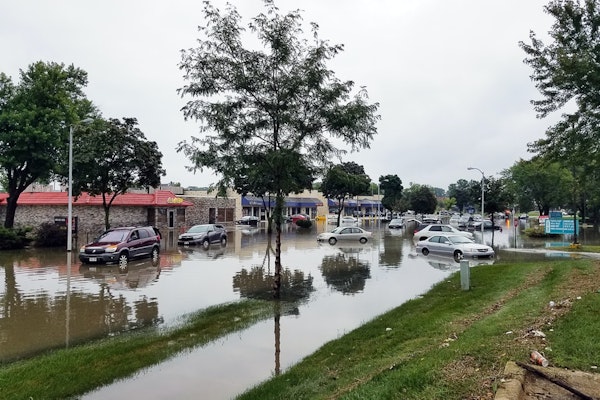
Climate Change Boosts Extreme Weather, Increasing U.S. Flood Risks
Climate change intensifies extreme precipitation, escalating flood risks across the U.S. with significant increases in the Northeast and Midwest.
May 6, 2024
Catastrophe
Property
Risk Management
Alabama
Alaska
Georgia
Hawaii
Kentucky

Navigating the Complex Terrain of Data Privacy in Auto Insurance Claims and Repairs
With rising concerns over data privacy, the unauthorized use of personal information in auto insurance claims and repairs presents significant risks and implications for millions.
February 22, 2024
Auto
Legislation & Regulation
Technology
California
Colorado
Connecticut
Delaware
Hawaii
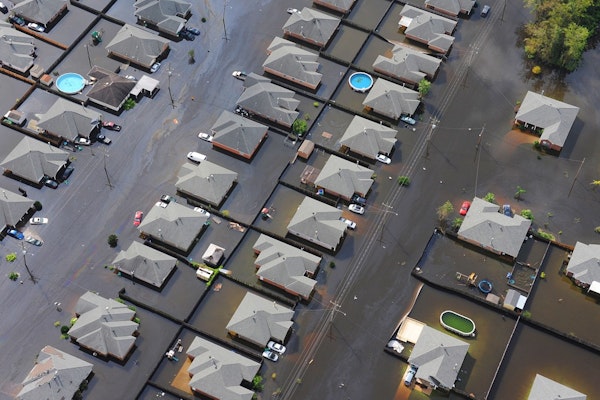
Climate and Weather Challenges Escalate Risks and Costs for Organizations in 2023
2023 sets a record as the warmest year since 1850, with weather-related disasters costing the US $150 billion annually.
February 22, 2024
Catastrophe
Property
Risk Management
California
Hawaii
Louisiana
Washington





